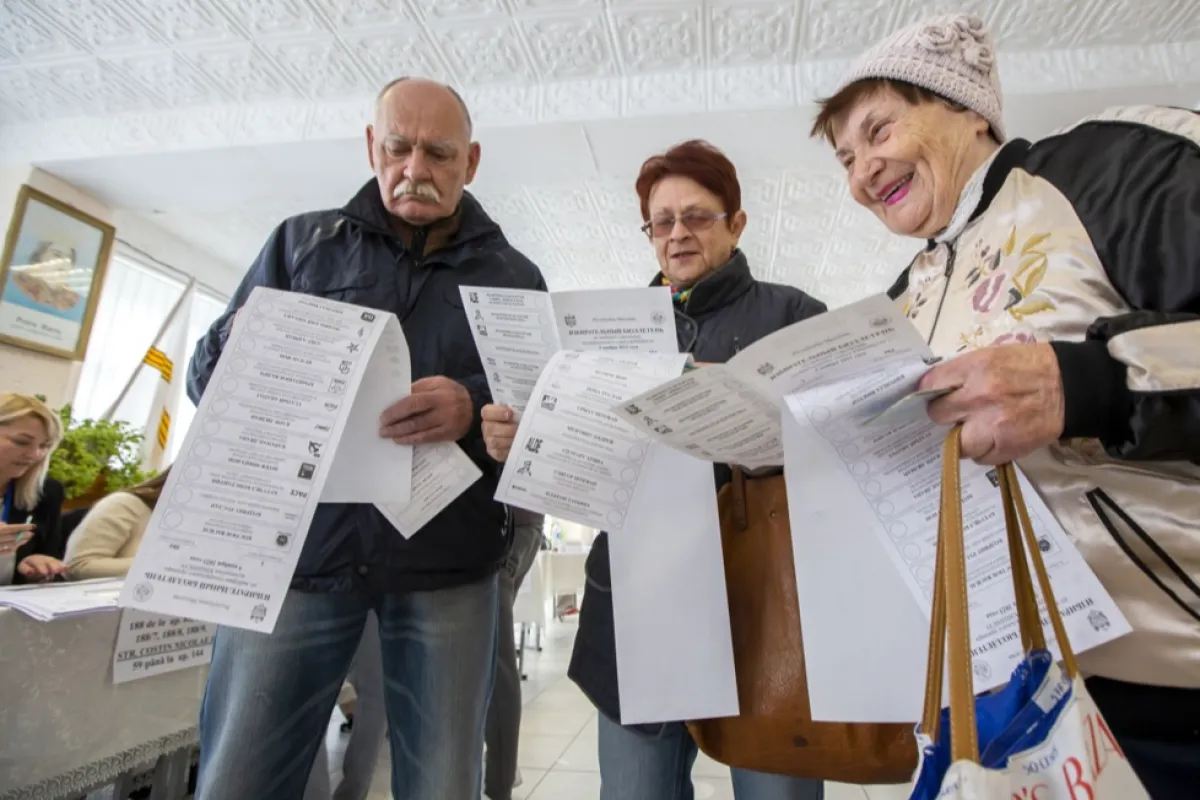
The results of the local election in the Republic of Moldova point to a decline of pro-European factions, after a campaign marked by Moscow’s interference and disinformation, as well as scandals generated by pro-Russians.
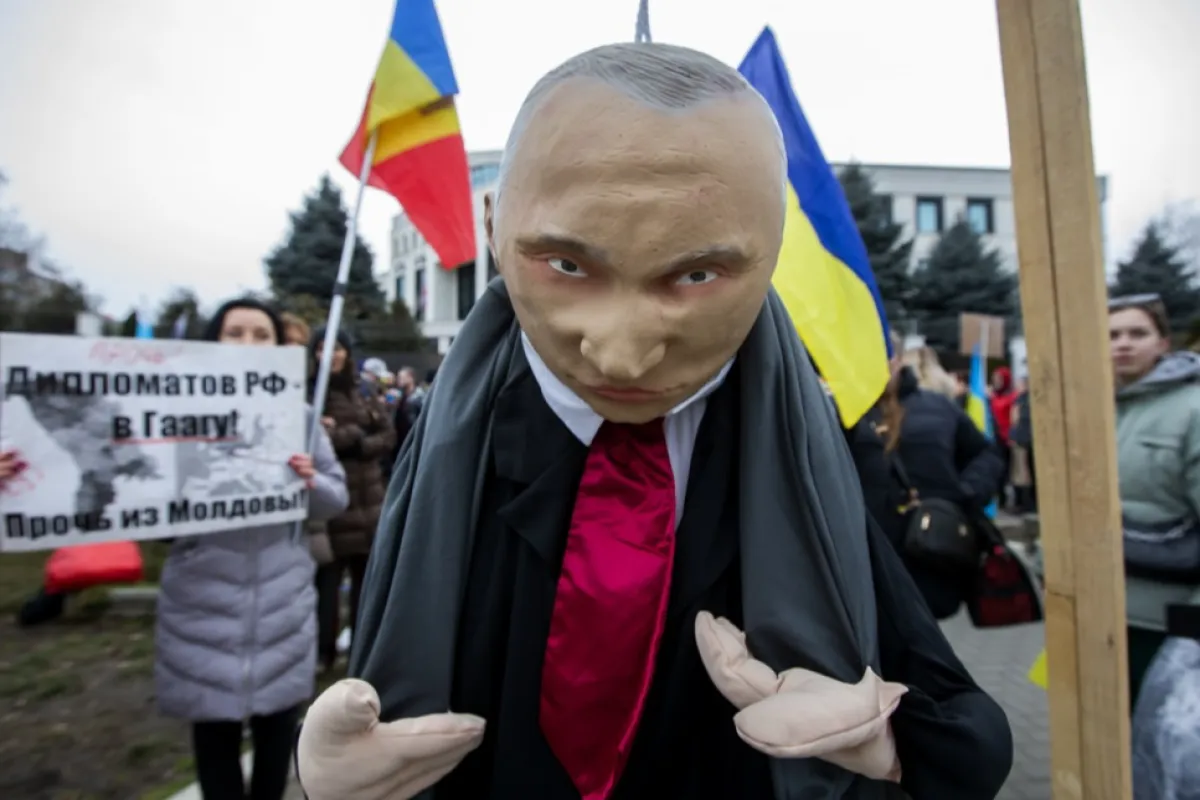
The war in Ukraine has accelerated the process by means of which the Republic of Moldova has been distancing itself from Russia. After the elimination of economic and energy dependence, Moscow's remaining levers are pro-Russian propaganda and parties.
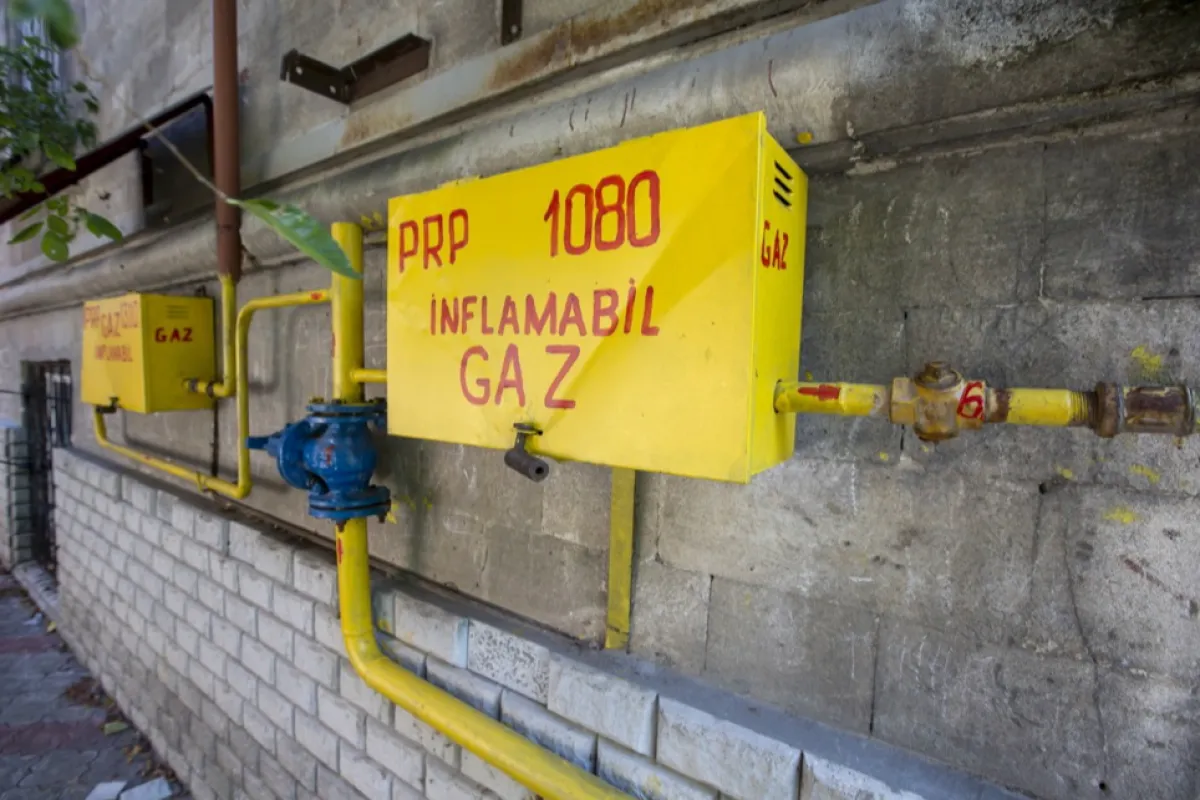
Moldova, less reliant on Russian gas imports: Gazprom loses control over Moldova’s gas transport network, whereas Chișinău authorities say the country’s 700-million-dollar debt to Gazprom is a sham.

Are the antennas on top of the Russian Embassy building used to spy on Moldovan authorities? The Security and Intelligence Service cancelled the agreements with the FSB and SVR, while the Russian Embassy will stop providing consular services

The EPC summit brought, for the first time, the prospect of European integration without the settlement of the Transnistrian conflict. Moscow was also sent the message that Moldova's place was next to the Western democracies.
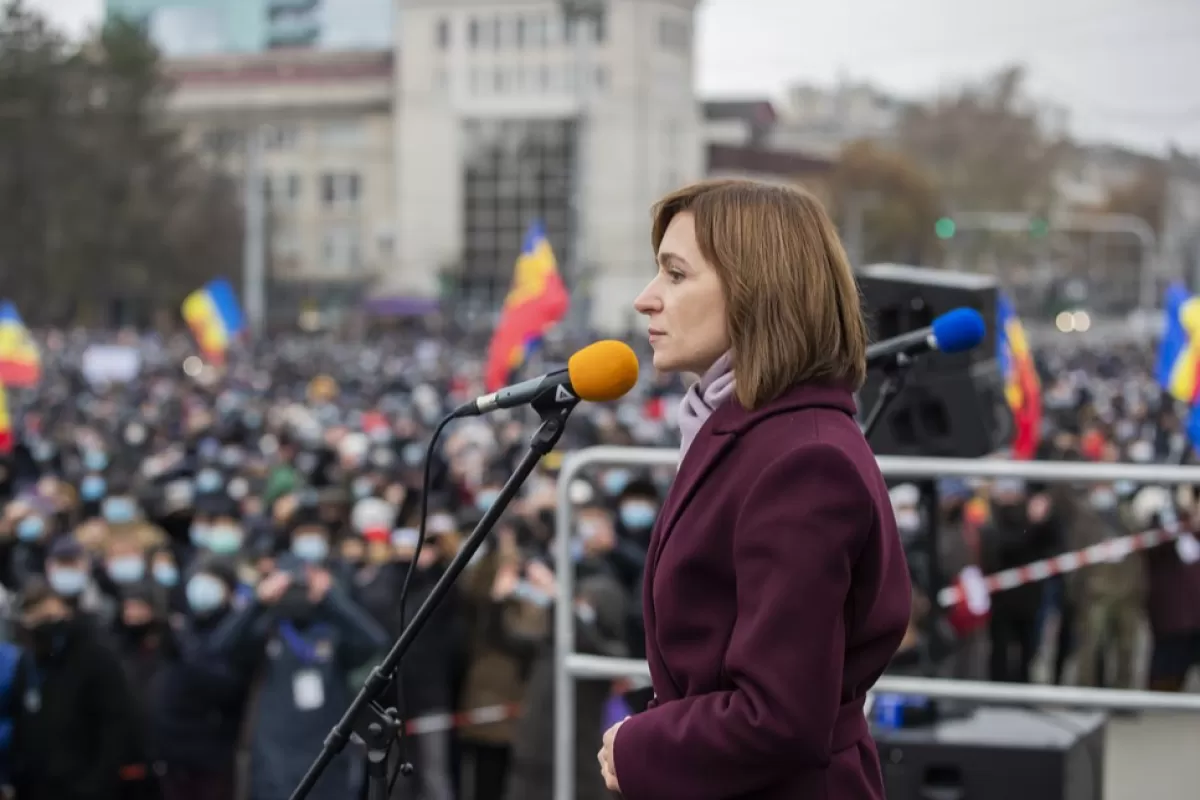
Maia Sandu has called a pro-European rally, patterned on the Great National Assemblies that culminated in 1991 with the Republic of Moldova proclaiming its independence. The decision was announced in the context where Moscow and pro-Russian forces in Chișinău have ramped up pressure on the pro-European government. It’s a risky bet, which Moldova will win only if the rally enjoys a turnout similar to public gatherings of the 1990s.
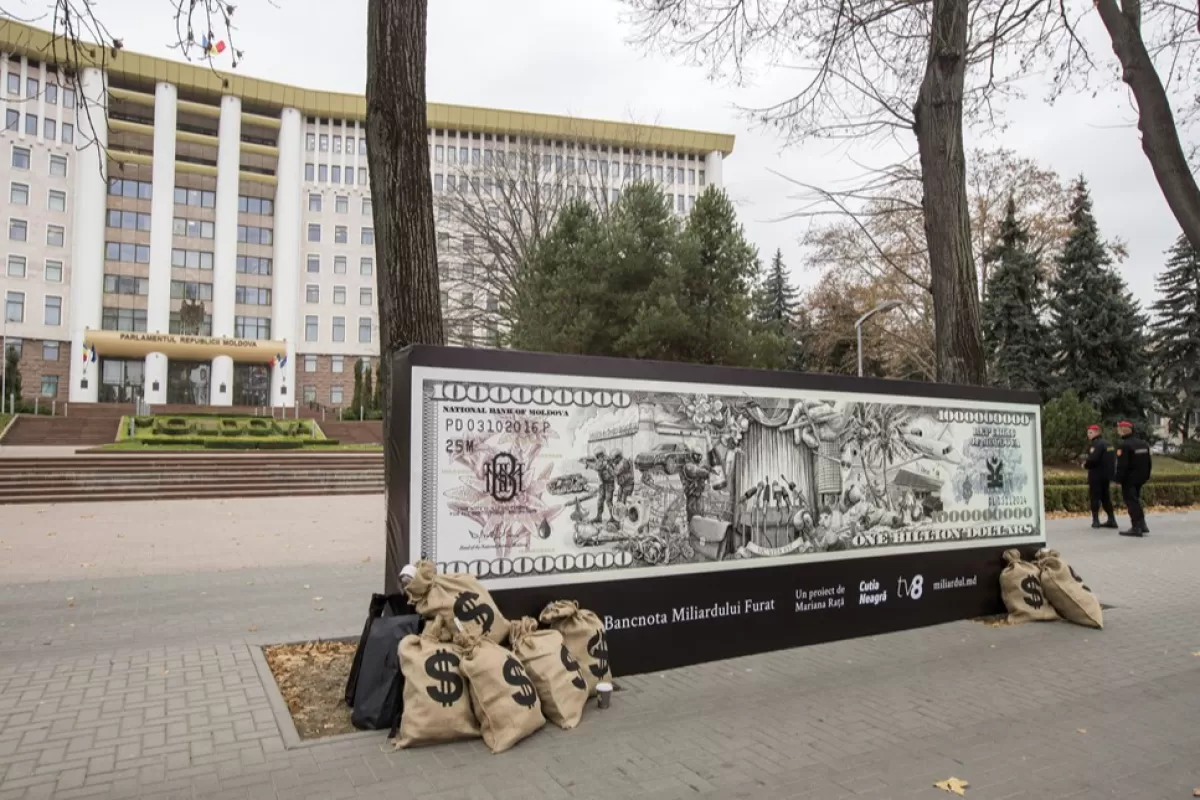
The Republic of Moldova needs to reform its justice system and fight corruption if it wants to see the EU accession negotiations started. The government's efforts to carry out a reform, however, are faced with the resistance of judges, who seem willing to block the entire system in order to keep it as it’s been so far.
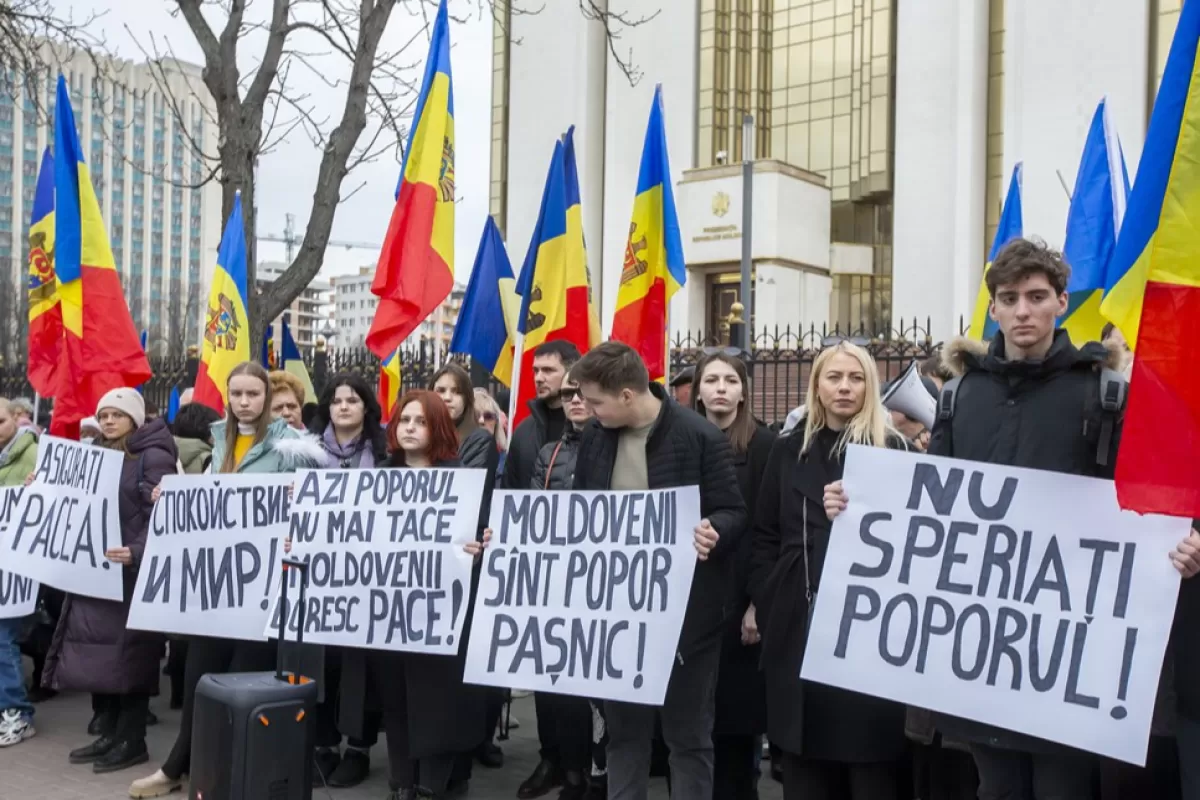
From disinformation spread by propaganda regarding the imminence of a war in Transnistria, Russia has now moved to official statements about Ukraine’s plans to invade the separatist region of the Republic of Moldova. Transnistria seems to be used to draw attention away from Russia’s plan to destabilize Moldova, as well as from the defeats sustained in Ukraine. Besides, the pro-Russian opposition in Chișinău could take advantage of the panic induced by the prospect of war.

The power shift has so far unfolded without any major incident or scandal, and the key protagonists – the outgoing Prime Minister, Natalia Gavrilița, the Prime Minister designate, Dorin Recean, and president Maia Sandu – said that the change of administration occurs against the backdrop of growing security tensions. There are however signs that the true reasons behind the Cabinet swap have to do with the slow pace of reforms and ruling-party infighting.
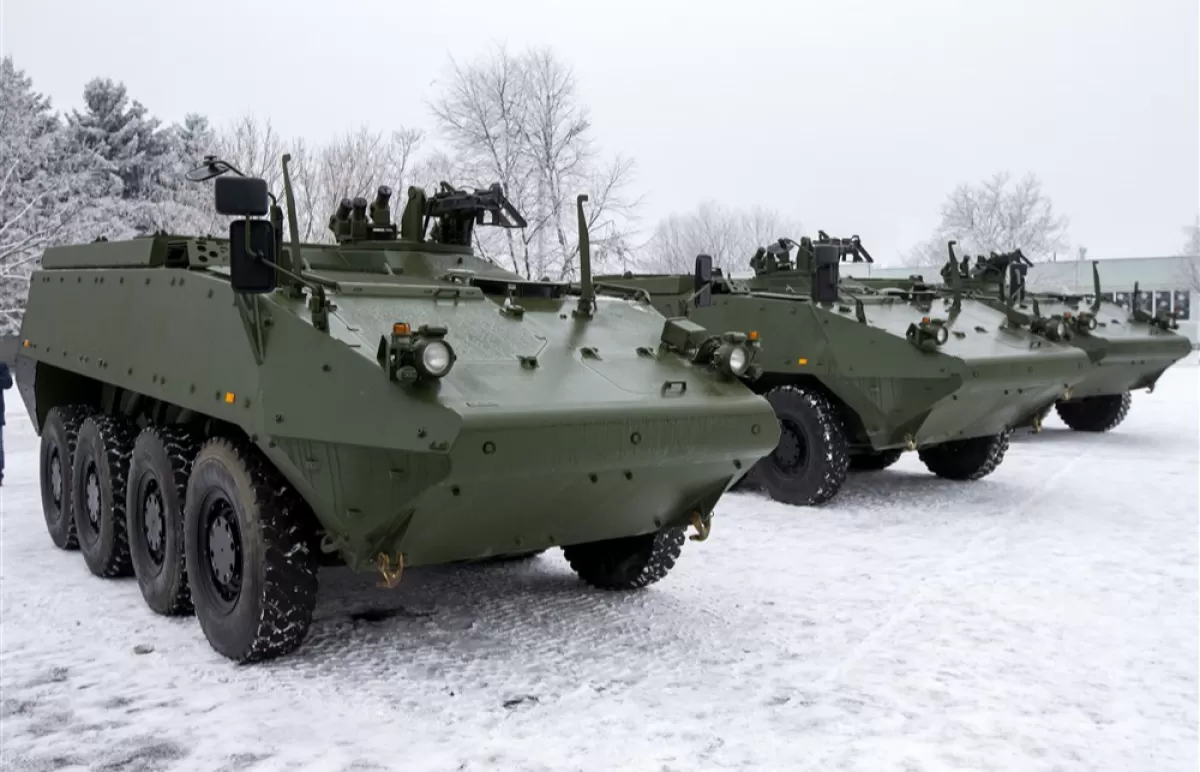
The Russian bombardments on Ukraine also alerted the authorities in Chisinau after, on several occasions, fragments of rockets fell on the territory of the Republic of Moldova. The incidents showed how vulnerable the Republic of Moldova is from a military point of view, without an anti-aircraft defense and with an army of only six thousand people. But the biggest danger to the security and stability of the state seems to come from elsewhere – from the informational space controlled by Russia and from some politicians who enjoy, openly or secretly, the support of Moscow.

Rusia a avut mereu oamenii săi printre reprezentanții clasei politice și administrației de la Chișinău. Unii nici nu au încercat să-și ascundă relația cu Moscova, alții par să-și fi jucat foarte bine rolul, plasându-se în fruntea unor mișcări naționale și proeuropene, ceea ce, probabil, i-a permis Rusiei să controleze anumite procese politice din interior. Veridica îi amintește, în acest al doilea episod, pe cei care au menținut Republica Moldova în siajul Moscovei pentru o bună parte din ultimele două decenii.
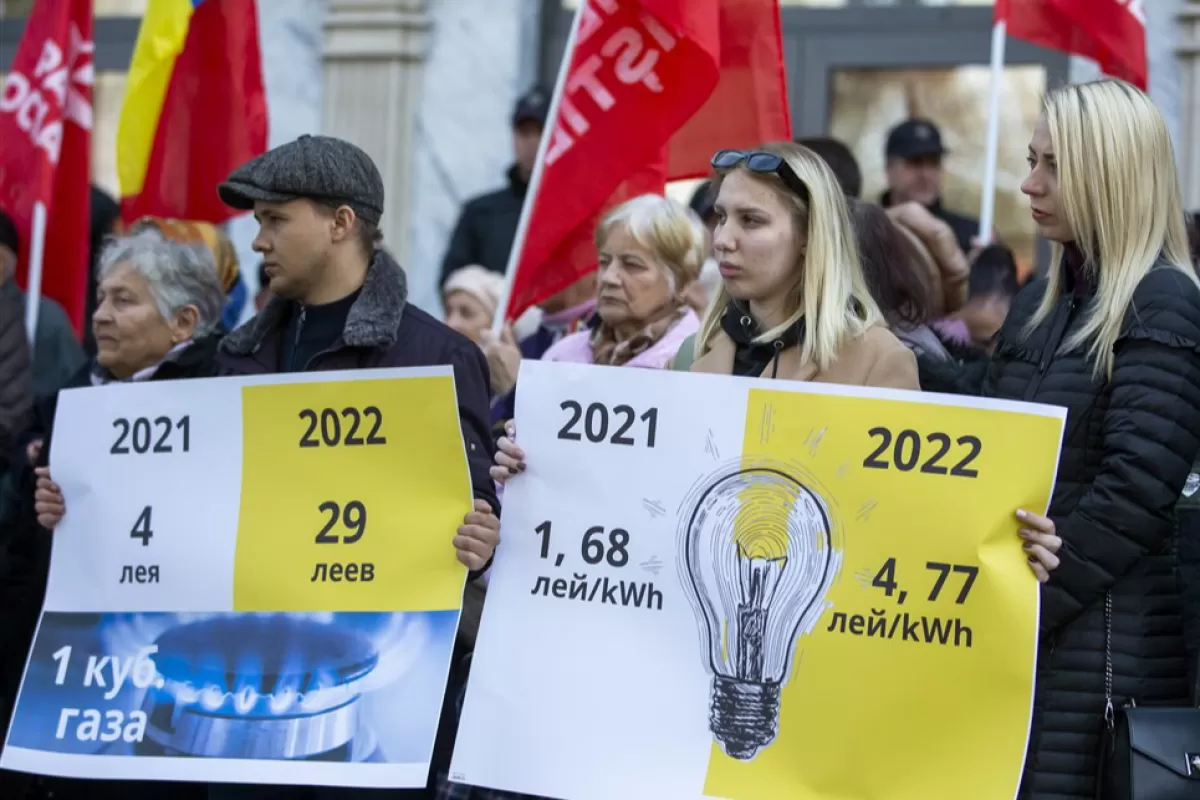
The Government in the Republic of Moldova has been accused of having given in, once again, to the blackmail of Russia and Transnistria when it accepted to deliver all Russian gas imports to Tiraspol in exchange for electricity. As a matter of fact, for the time being Chișinău authorities don’t have too many alternatives at their disposal in terms of electricity and natural gas supplies, and any projects already launched with a view to diversifying Moldova’s energy sources need time to be implemented.

Russia has always had people defending its interests at the level of the political class and administration in Chișinău. Neither of them have tried to hide their connections to Moscow, while others seem to have played their part flawlessly, ending up at the helm of nationalist and pro-European movements, which most likely allowed Russia to control certain political mechanisms inside Moldova. In this first instalment, Veridica offers an overview of major politicians who have left their mark on 1990s’ Moldova.
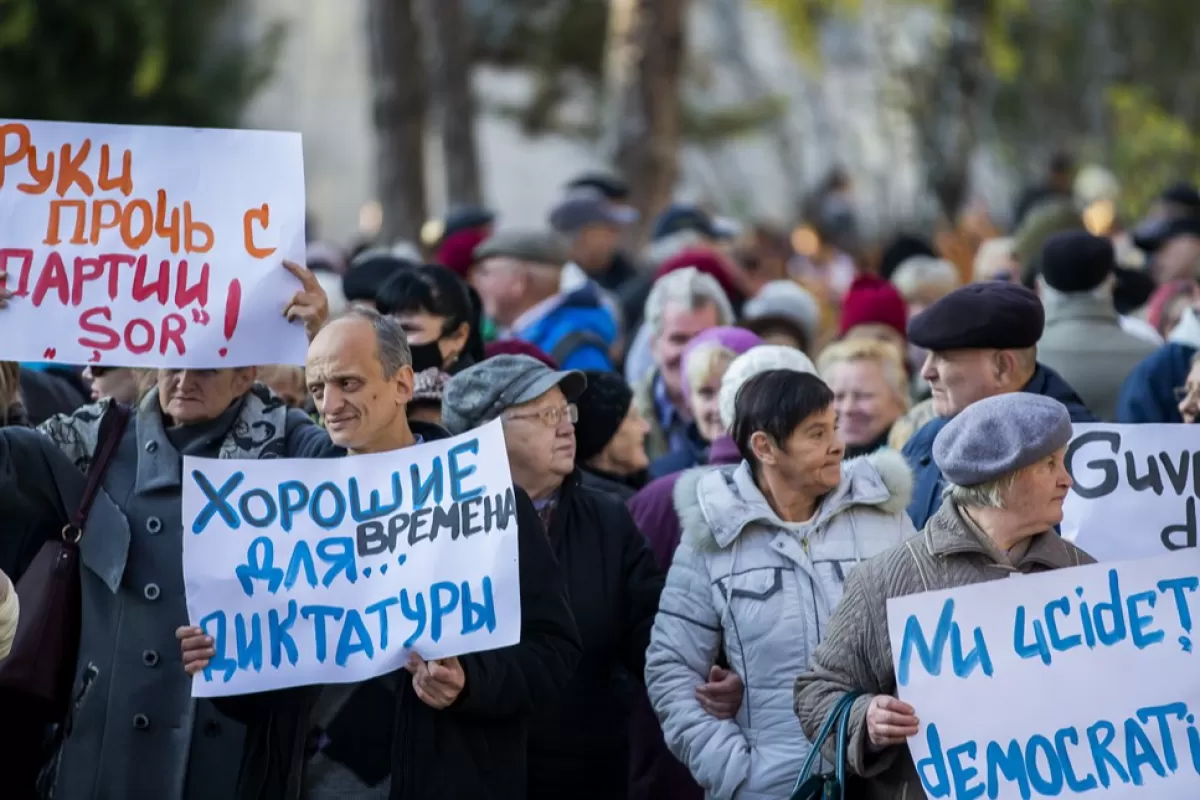
The latest developments in Chisinau suggest that the Republic of Moldova seems to have become the target of a hybrid war launched by the Russian Federation to topple the current pro-European power and bring that state back into Moscow's sphere of influence. The authorities in Chisinau are forced to face an unprecedented energy crisis, successive increases in the prices of the most important products and services, but also protests organized by parties believed to be backed by the secret services in Moscow. Adding to these challenges is the deepening security crisis as a result of the war in Ukraine, particularly the missile and drone attacks on Ukrainian energy infrastructure in recent weeks.
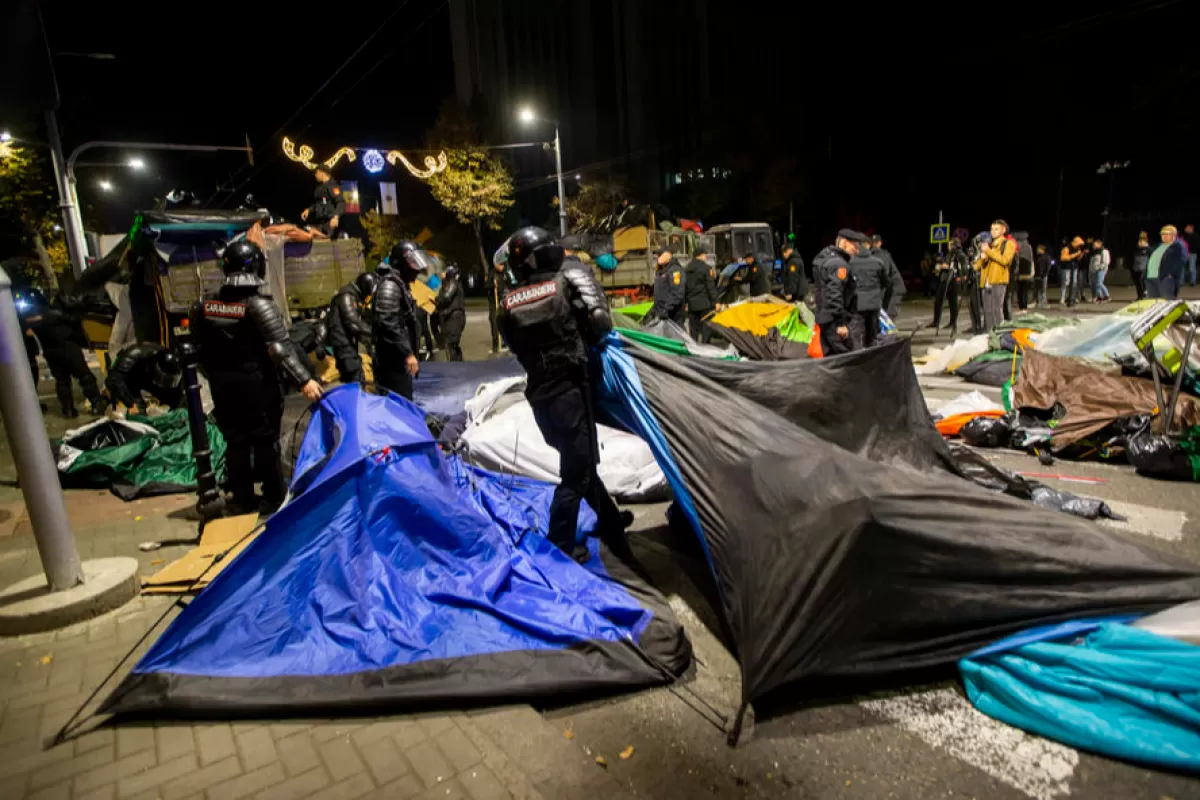
The anti-government protests organized daily, since September 18, by the Shor Party in Chisinau, turned increasingly slow during the month of October, to eventual stop all together not long ago. Now, Moscow is trying to expand its “cooperation” with pro-Russian political forces other than this party that it seems to have bet on at the beginning of autumn.

The events of early September in Ukraine may have significant consequences on Chișinău as well. The counteroffensive mounted by Ukrainian troops in the northeast, the liberation of most of the Kharkiv region, but also of southern territories previously held by the Russian military, have increased the odds of foiling the Moscow’s plans for the Republic of Moldova, at least in the short run.

A prosecutor who has investigated numerous cases of major corruption in the United States has been appointed head of the Anticorruption Prosecutor's Office in the Republic of Moldova, an institution similar to the Romanian National Anticorruption Directorate. The appointment of the new prosecutor is important both for the reform of the judiciary and the rapprochement of the Republic of Moldova with the EU, and for the consolidation of the political class in Chisinau, especially the opposition in Parliament, as the leaders of this opposition, oriented towards Russia, seem to all have integrity issues.